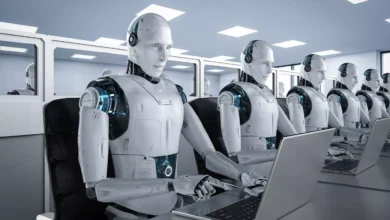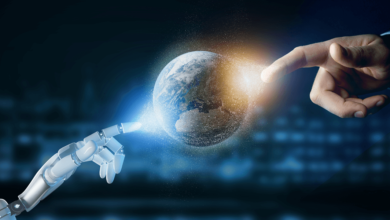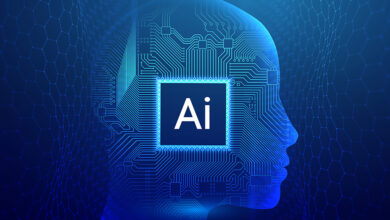How ChatGPT work in background :high level Behind the scene
How ChatGPT work in background :high level Behind the scene
How ChatGPT work in background :high level Behind the scene.

ChatGPT, an impressive language model developed by OpenAI, has been capturing attention with its ability to engage in conversational interactions. Behind the scenes, ChatGPT utilizes a combination of pre-training, fine-tuning, reinforcement learning, and a powerful transformer architecture. In this article, we will delve into the intricacies of how ChatGPT operates, providing a comprehensive understanding of the model’s inner workings.
1. Pre-training:
At the heart of ChatGPT’s development lies the process of pre-training. During this stage, the model is exposed to an extensive dataset comprising diverse text from the internet. By predicting the next word in a sentence based on its contextual understanding, the model learns to capture linguistic patterns, grammatical structures, and semantic relationships. This pre-training process serves as the foundation upon which ChatGPT builds its language comprehension.
2. Transformer Architecture:
ChatGPT leverages the power of the transformer architecture, a deep learning model known for its effectiveness in processing sequential data. The transformer consists of multiple layers of self-attention mechanisms and feed-forward neural networks. Self-attention allows the model to assign varying degrees of importance to different words in a sentence, enabling it to capture long-range dependencies and comprehend context more effectively. By leveraging the transformer architecture, ChatGPT gains the ability to generate coherent and context-aware responses.
3. Fine-tuning:
After the pre-training phase, ChatGPT undergoes fine-tuning to adapt its capabilities for specific tasks such as chat-based conversation. This process involves training the model on a carefully curated dataset generated with the assistance of human reviewers. OpenAI provides guidelines to these reviewers, who review and rate model-generated responses. The ratings form the basis of a reward model used for reinforcement learning.
4. Reinforcement Learning:
OpenAI utilizes reinforcement learning techniques, specifically Proximal Policy Optimization (PPO), to refine the behavior of ChatGPT during fine-tuning. The model is trained to optimize its responses by maximizing the reward received based on human reviewer ratings. This iterative process aims to encourage more useful and appropriate responses while discouraging misleading or nonsensical outputs. Through reinforcement learning, ChatGPT becomes increasingly adept at generating responses that align with human expectations.
5. Interaction:
When a user interacts with ChatGPT, their input is processed by the model, which generates a response based on the knowledge acquired during pre-training and fine-tuning. It’s important to note that ChatGPT does not possess real-time understanding or memory of the conversation beyond the immediate context provided. Each response is based solely on the current input and the dialogue history provided. Consequently, the model’s ability to maintain coherent and consistent conversation relies on its interpretation of the most recent context.
6. Iterative Improvement:
OpenAI values user feedback as an invaluable resource for refining the capabilities of ChatGPT. By collecting and analyzing feedback, OpenAI identifies and addresses limitations, biases, and areas of improvement within the model. This iterative process allows for regular updates and improvements to the behavior and performance of ChatGPT, ensuring that it continues to evolve and meet user expectations.
Conclusion:
ChatGPT, powered by its pre-training, fine-tuning, reinforcement learning, and transformer architecture, offers a glimpse into the remarkable capabilities of state-of-the-art language models. While ChatGPT strives to provide helpful and accurate responses, it is important to exercise critical thinking and verify information independently. OpenAI’s commitment to iterative improvement ensures that ChatGPT continually grows and enhances its conversational abilities, paving the way for more sophisticated and engaging AI-powered interactions in the future.





